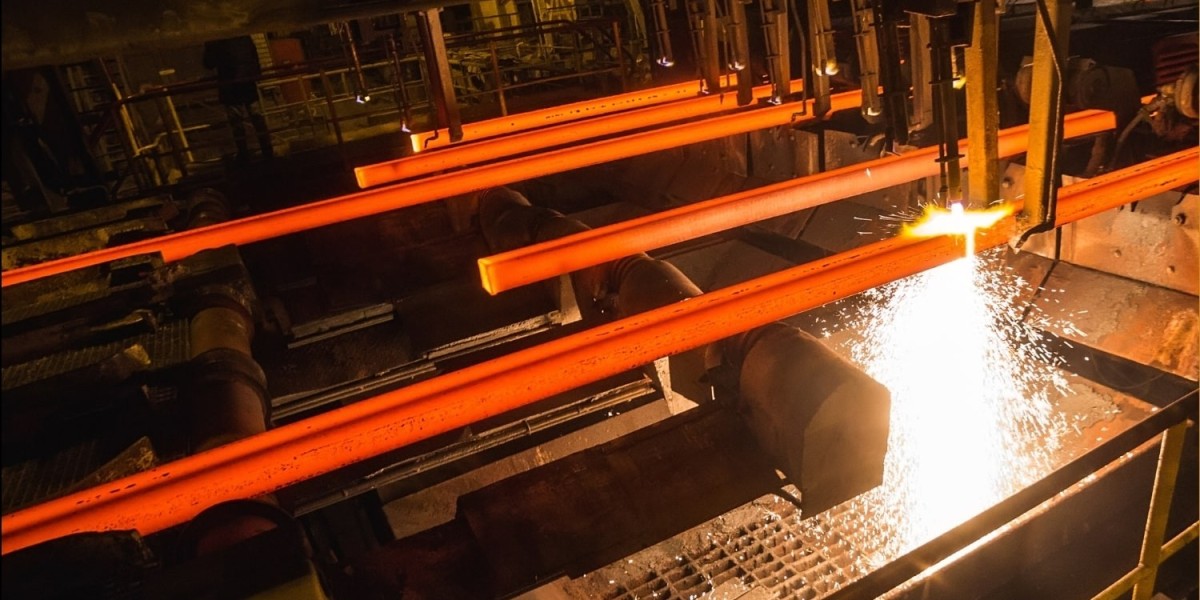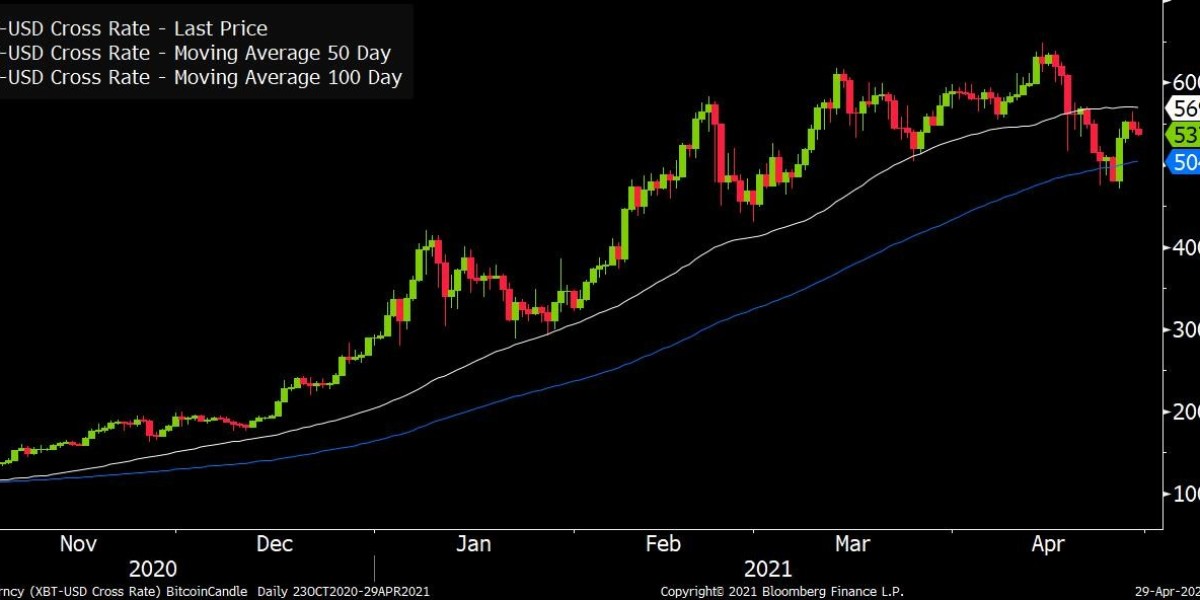Selecting the right casting manufacturer is a crucial step in ensuring the quality and performance of your final product. This guide will walk you through the essential factors to consider, the different types of casting processes, and tips for finding the best manufacturer to meet your specific requirements.
Understanding Casting Processes
Before diving into the selection process, it's important to understand the different types of casting methods available:
Sand Casting: This is one of the oldest and most versatile methods, suitable for producing large parts. It involves creating a mold from sand and pouring molten metal into it.
Investment Casting: Also known as lost-wax casting, this method is ideal for creating intricate and high-precision components. It involves creating a wax model, covering it with a ceramic shell, and then melting the wax away before pouring in the metal.
Die Casting: This process involves forcing molten metal into a mold cavity under high pressure. It is suitable for producing large volumes of small to medium-sized parts with excellent surface finish and dimensional accuracy.
Permanent Mold Casting: In this method, a reusable mold made of metal is used, allowing for better control over the cooling rate and resulting in higher strength and consistency in the final product.
Factors to Consider When Choosing a Casting Manufacturer
Experience and Expertise: Look for manufacturers with a proven track record in your industry. Their experience will ensure they understand the specific requirements and challenges of your project.
Quality Control: Investigate the manufacturer's quality control processes. Certifications like ISO 9001 can indicate a commitment to maintaining high standards.
Capabilities: Ensure the manufacturer can handle your project's size, complexity, and material requirements. Ask about their equipment, technologies, and any limitations they might have.
Lead Times and Capacity: Evaluate the manufacturer's production capacity and lead times to ensure they can meet your deadlines without compromising quality.
Cost: While cost is an important factor, it shouldn't be the sole deciding criterion. Balance cost considerations with quality, reliability, and the manufacturer's reputation.
Communication and Support: Effective communication is crucial for a successful partnership. Choose a manufacturer that is responsive, transparent, and willing to collaborate closely with you throughout the project.
Steps to Find the Right Casting Manufacturer
Research and Shortlist: Start by researching potential manufacturers online and creating a shortlist based on their capabilities, experience, and reputation. Industry forums, trade shows, and professional networks can also provide valuable recommendations.
Request Quotes and Proposals: Contact the shortlisted manufacturers with detailed specifications of your project and request quotes. Evaluate their proposals based on the criteria mentioned above.
Visit Facilities: If possible, visit the manufacturing facilities to assess their operations, quality control processes, and overall capabilities. This will give you a firsthand understanding of their strengths and weaknesses.
Check References: Ask for references from previous clients and follow up with them to get insights into their experiences with the manufacturer. This can help you gauge the reliability and performance of the manufacturer.
Negotiate Terms: Once you've selected a manufacturer, negotiate the terms of the contract, including pricing, delivery schedules, and quality assurance measures. Ensure everything is clearly documented to avoid misunderstandings later.
Conclusion
Choosing the right casting manufacturer is a critical decision that can significantly impact the success of your project. By understanding the different casting processes, evaluating potential manufacturers based on key criteria, and following a structured approach to selection, you can find a reliable partner that meets your needs and ensures high-quality outcomes. Investing time and effort in this process will pay off in the long run, resulting in superior products and a strong partnership with your chosen manufacturer.








